
The Tenant of Wildfell Hall
by Anne Brontë
'The Tenant of Wildfell Hall' Summary
The novel is divided into three volumes.
Part One (Chapters 1 to 15): Gilbert Markham narrates how a mysterious widow, Mrs Helen Graham, arrives at Wildfell Hall, a nearby mansion. A source of curiosity for the small community, the reticent Mrs Graham and her young son, Arthur, are slowly drawn into the social circles of the village. Initially Gilbert Markham casually courts Eliza Millward, despite his mother's belief that he can do better. His interest in Eliza wanes as he comes to know Mrs Graham. In retribution, Eliza spreads (and perhaps creates) scandalous rumours about Helen. With gossip flying, Gilbert is led to believe that his friend Mr Lawrence is courting Mrs Graham. At a chance meeting on a road Gilbert strikes the mounted Lawrence with a whip handle, causing him to fall from his horse. Though she is unaware of this confrontation, Helen Graham still refuses to marry Gilbert, but when he accuses her of loving Lawrence she gives him her diaries.
Helen and Gilbert by Walter L. Colls
Part two (Chapters 16 to 44) is taken from Helen's diaries, in which she describes her marriage to Arthur Huntingdon. The handsome, witty Huntingdon is also spoilt, selfish and self-indulgent. Before marrying Helen, he flirts with Annabella, and uses this to manipulate Helen and convince her to marry him. Helen, blinded by love, marries him, and resolves to reform him with gentle persuasion and good example. After the birth of their only child, however, Huntingdon becomes increasingly jealous of their son (also called Arthur), and his claims on Helen's attentions and affections.
Huntingdon's pack of dissolute friends frequently engage in drunken revels at the family's home, Grassdale, oppressing those of finer character. Both men and women are portrayed as degraded. In particular, Annabella, now Lady Lowborough, is shown to be unfaithful to her melancholy but devoted husband.
Walter Hargrave, the brother of Helen's friend Milicent Hargrave, vies for Helen's affections. While he is not as wild as his peers, he is an unwelcome admirer: Helen senses his predatory nature when they play chess. Walter informs Helen of Arthur's affair with Lady Lowborough. When his friends depart, Arthur pines openly for his paramour and derides his wife, but will not grant her a divorce.
Arthur's corruption of their son – encouraging him to drink and swear at his tender age – is the last straw for Helen. She plans to flee to save her son, but her husband learns of her plans from her diary and burns the artist's tools with which she had hoped to support herself. Eventually, with help from her brother, Mr Lawrence, Helen finds a secret refuge at Wildfell Hall.
Part Three (Chapters 45 to 53) begins after Gilbert's reading of the diaries. Helen bids Gilbert to leave her because she is not free to marry. He complies and soon learns that she has returned to Grassdale because her husband is gravely ill. Helen's ministrations are in vain, and Huntingdon's death is painful since he is fraught with terror at what awaits him. Helen cannot comfort him, for he rejects responsibility for his actions and wishes instead for her to come with him to plead for his salvation.
A year passes. Gilbert pursues a rumour of Helen's impending wedding, only to find that Mr Lawrence, with whom he has reconciled, is marrying Helen's friend Esther Hargrave. Gilbert goes to Grassdale, and discovers that Helen is now wealthy and lives at her estate in Staningley. He travels there, but is plagued by anxiety that she is now far above his station. By chance he encounters Helen, her aunt and young Arthur. The two lovers reconcile and marry.
Book Details
Language
EnglishOriginal Language
EnglishPublished In
1848Authors
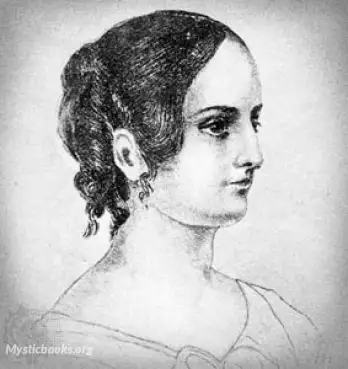
Anne Brontë
England
Anne Brontë was an English novelist and poet, and the youngest member of the Brontë literary family. Anne Brontë was the daughter of Patrick Brontë, a poor Irish clergyman in the...
Books by Anne BrontëDownload eBooks
Listen/Download Audiobook
Related books

pasiones del joven Werther by Johann Wolfgang von Goethe
Las pasiones del joven Werther es una novela epistolar que narra la historia de Werther, un joven artista profundamente sensible que se enamora de Cha...

Daddy-Long-Legs by Jean Webster
Daddy-Long-Legs is a 1912 epistolary novel by the American writer Jean Webster. It follows the protagonist, Jerusha "Judy" Abbott, as she leaves an or...
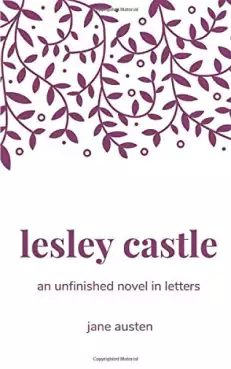
Lesley Castle by Jane Austen
Lesley Castle is a melodramatic epistolary novelette written by Jane Austen when she was sixteen years old. Although the novels Austen became known fo...
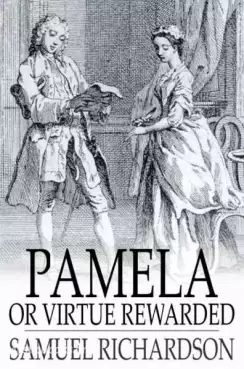
Pamela, or Virtue Rewarded by Samuel Richardson
Pamela tells the story of a fifteen-year-old maidservant named Pamela Andrews, whose employer, Mr. B, a wealthy landowner, makes unwanted and inapprop...

The Club of Masks by Allen Upward
In the heart of London's exclusive social scene lies a mysterious and enigmatic gathering known only as "The Club of Masks." A clandestine society tha...
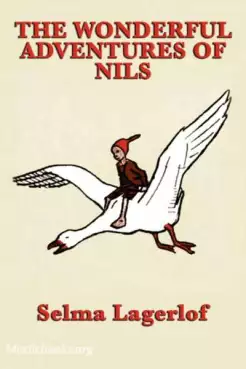
The Wonderful Adventures of Nils by Selma Lagerlof
The Wonderful Adventures of Nils (orig. Nils Holgerssons underbara resa genom Sverige; literally Nils Holgersson's wonderful journey across Sweden) is...
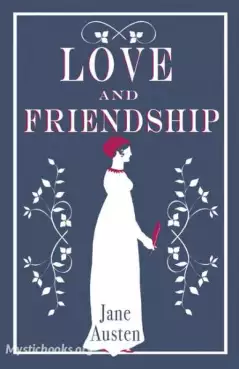
Love and Friendship by Jane Austen
Begun when she was just eleven years old, Love and Friendship is one of Jane Austen's stories that very few readers may have encountered before. Aust...

Bleak House by Charles Dickens
Bleak House is a novel by Charles Dickens, first published as a 20-episode serial between March 1852 and September 1853. The novel has many characters...

Aristocrats by Gertrude Atherton
Set in the late 19th century, *Aristocrats* follows the journey of Lady Helen Pole, an English aristocrat, as she travels to the remote and rugged wil...
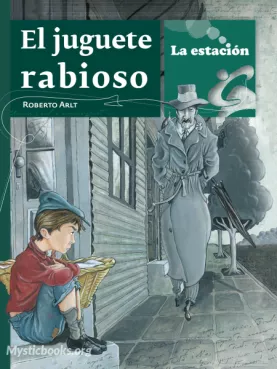
El juguete rabioso by Roberto Arlt
"Adéntrate en las calles crudas de Buenos Aires y embárcate en un salvaje viaje a través de la mente turbulenta de un joven desilusionado en la cauti...
Reviews for The Tenant of Wildfell Hall
No reviews posted or approved, yet...